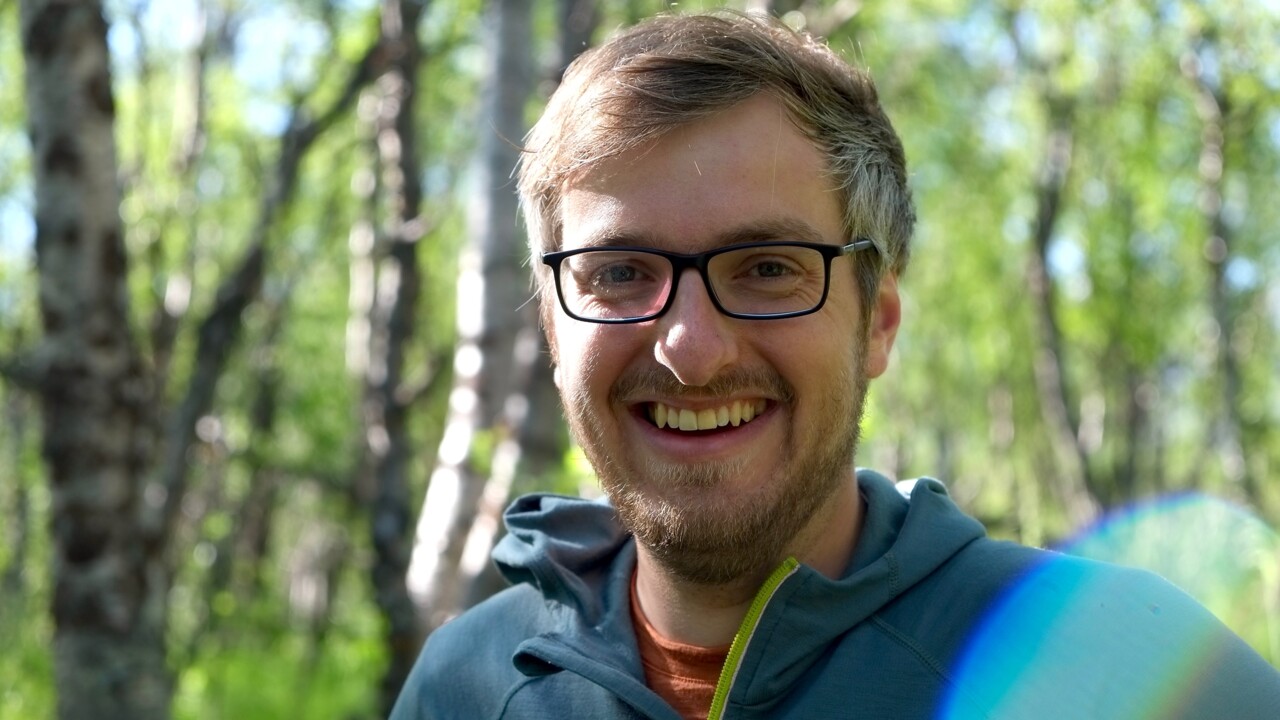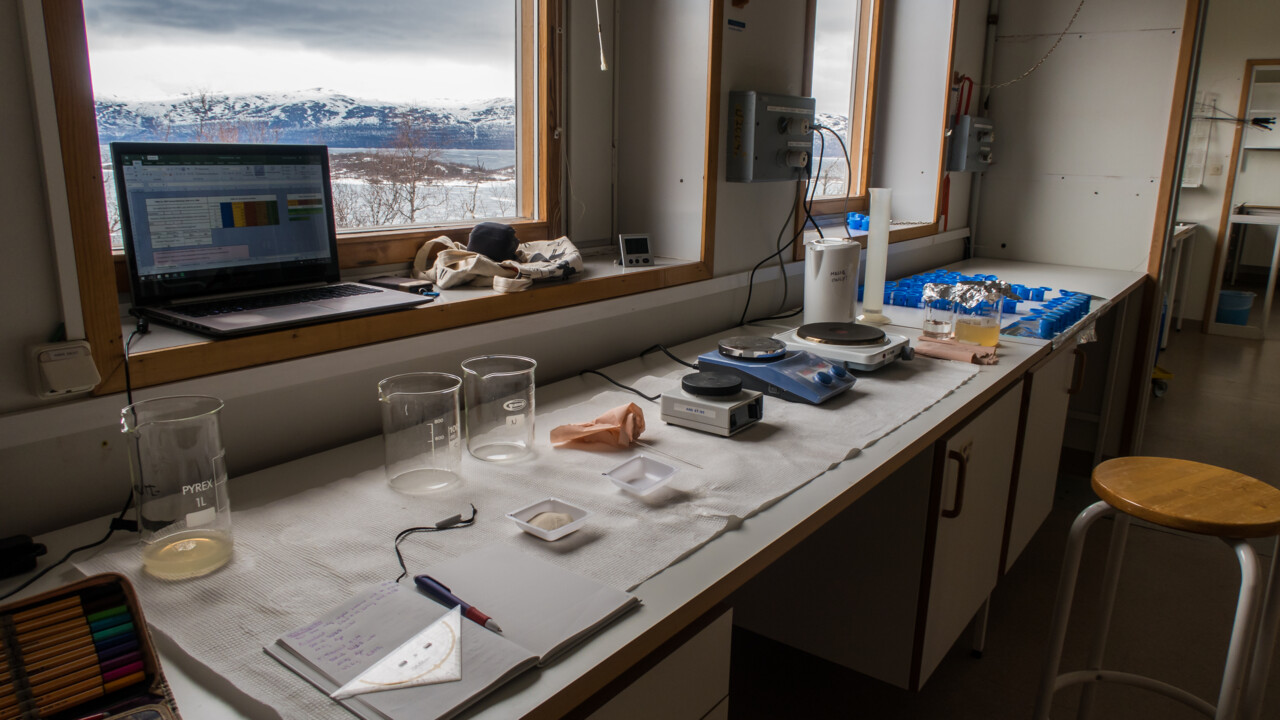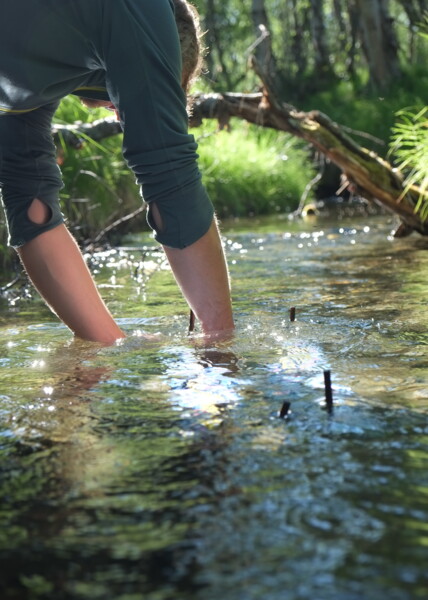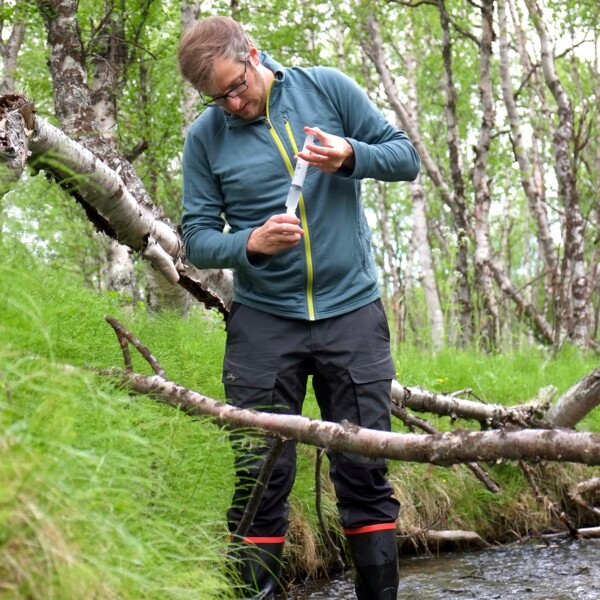ABOUT Demian Hauptmann
Age: 30.
From: Lohr am Main, Germany.
Education: Bachelor’s degree from University of Würzburg, Germany, and Master’s degree in Geoecology from Umeå University.
Lives: in a shared apartment at Nydalahöjd, Umeå.
Hobbies: cycling, photography, hiking, singing and traveling.





